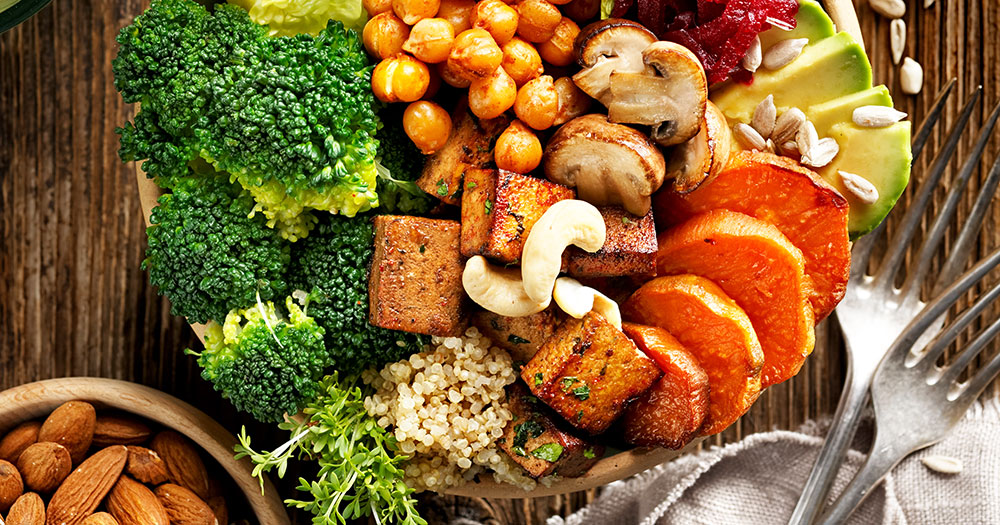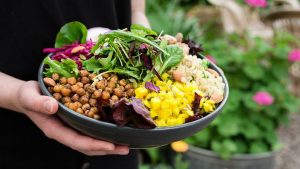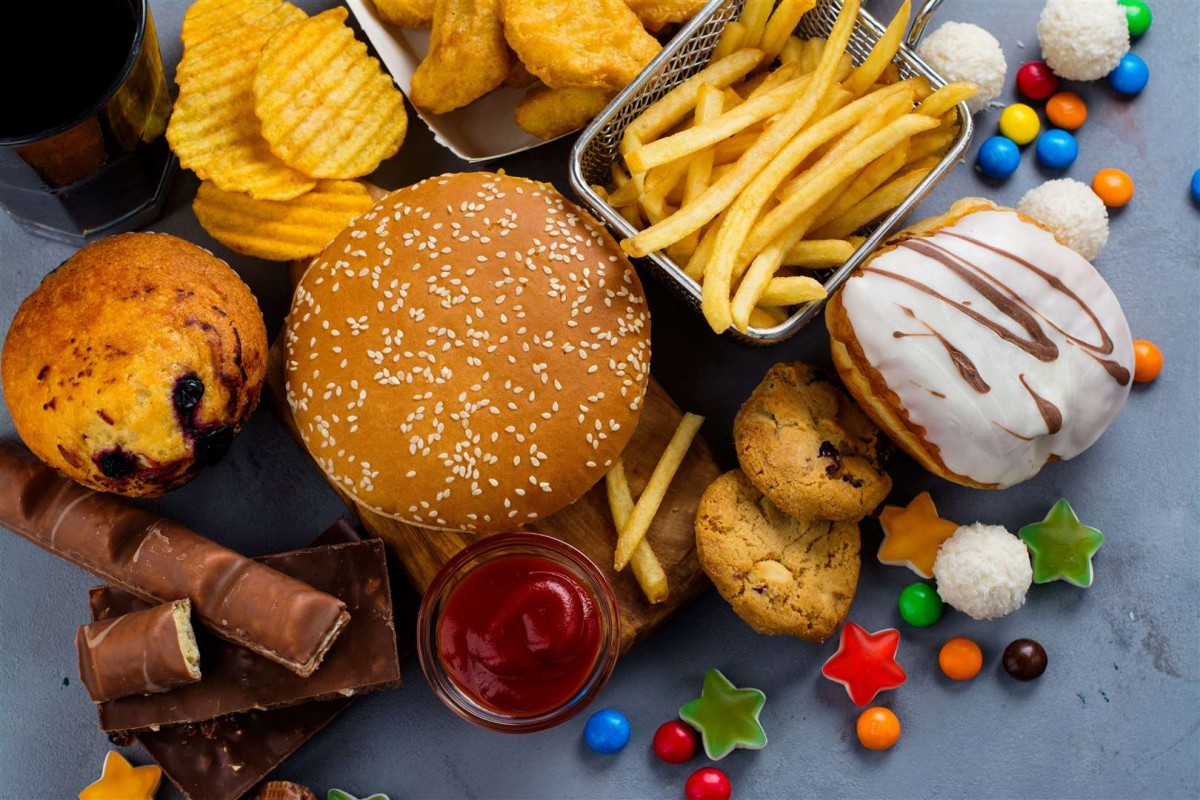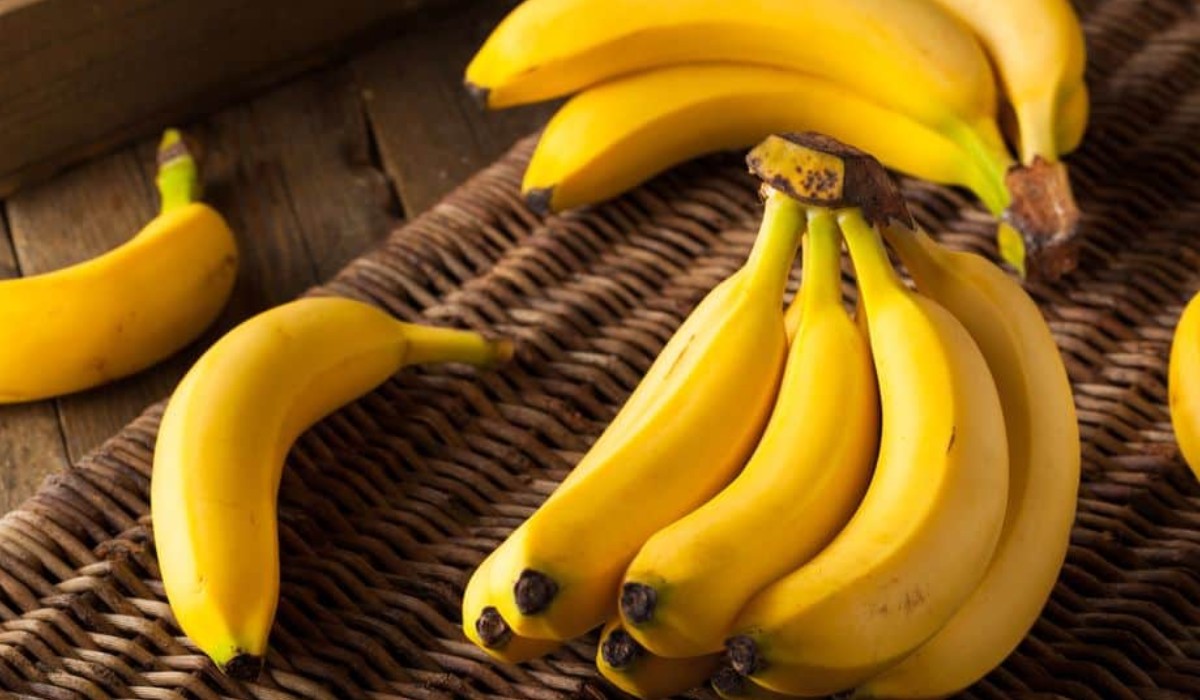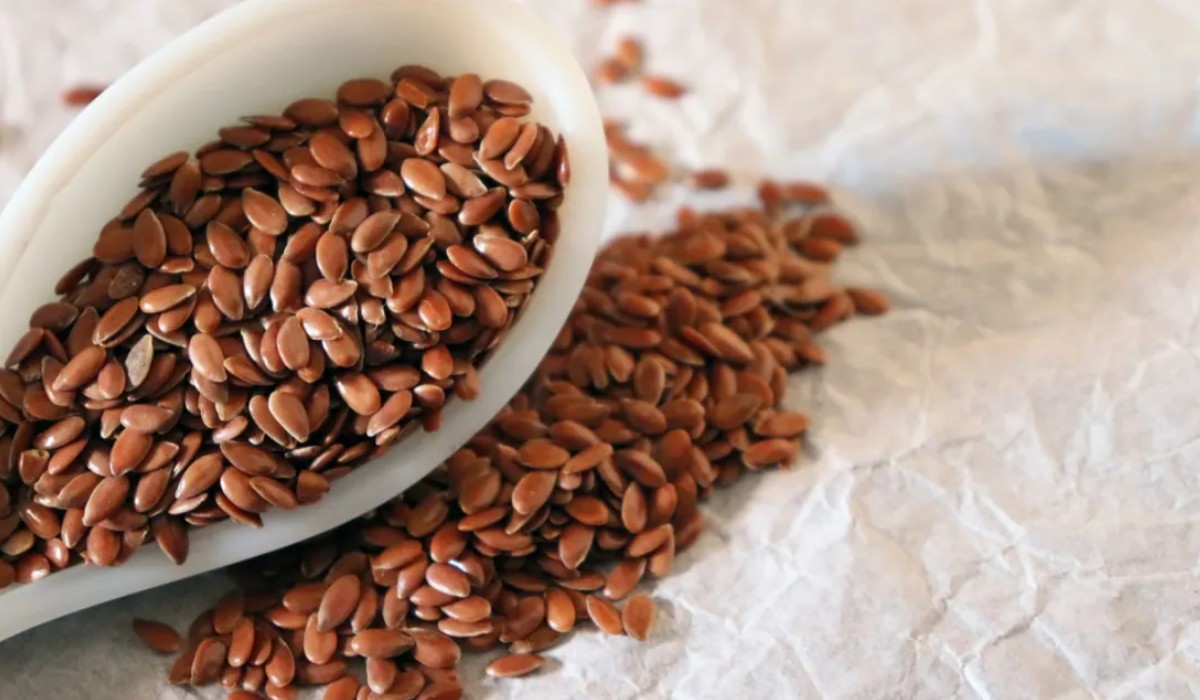Chickpeas
This legume packs a ton of nutrients into a tiny package. A half cup of canned chickpeas has 22 percent of the daily value of fiber and 6 grams of protein. Seiden recommends roasted crunchy chickpeas for a quick and nutritious postrun snack. “Not only are they delicious, but they contain a mix of carbs and protein, and usually a little bit of salt to help replace sodium you may have lost through sweating,” she says. Just toss in olive oil, salt, and pepper and roast at 400 degrees for 20 to 30 minutes.
Avocados
Your favorite guac staple has 20 vitamins and minerals—including monounsaturated fats—and 11 percent of your daily fiber. A recent small study (funded by the Hass Avocado Board) found that participants who included half an avocado in their lunch felt 26 percent more satisfied three hours following the meal, compared to those who ate the same lunch without avocado. For runners who have high mileage in their training plan, an avocado can fill your stomach.
Potatoes
Not only are potatoes affordable, delicious, and easy to cook, they are also filling and serve as a prerun starchy fuel. One medium potato has 16 percent of your daily fiber, with most of it found in the skin. Schlichter is a fan of sweet potatoes, which contain the antioxidant beta-carotene that gives the spud its orange color. “When paired with a protein source, such as soy, legumes, or nuts, sweet potatoes are a filling and nutrient-dense snack or meal,” Schlichter says.
Walnuts
Walnuts are a satisfying plant-based food with 4 grams of protein, 2 grams of fiber, and plenty of omega-3 fatty acids. One study explored the possible connections between walnut consumption and central nervous system responses and found that consuming walnuts may activate an area in the brain associated with controlling hunger and cravings. Walnut crumbles make a simple plant-based meat alternative—just put them in the food processor and pulse, then substitute walnut “meat” into any recipe that calls for ground meat.
Green Peas
This vibrant plant-based protein doesn’t always get the love it deserves. Green peas have 4 grams of protein and 14 percent of your daily fiber in just a half cup. They also provide plenty of starchy carbs for fuel. Peas have a naturally sweet taste, and they’re both versatile and affordable. Keep a bag in your freezer to add to stir-fries, soups, or dips.
Brussels Sprouts
This tiny cabbage is having a moment, and rightfully so. Just one cup of Brussels sprouts has 100 percent of your daily vitamin C, 4 grams of protein, and 16 percent of your daily fiber. As a cruciferous veggie, Brussels sprouts can cause gas in some people, so it’s best to eat them after a run rather than before one. You can eat them raw in a salad or roast them in the oven with a dash of olive oil and salt.
Lentils
With 9 grams of protein and 30 percent of your daily fiber needs in just a half cup of lentils. These legumes are a clear-cut plant-based winner. They also contain iron, a nutrient that is lacking on a plant-forward diet. Use lentils in soups, stews, and tacos, or form them into meatballs or veggie burgers.
Tofu
A staple of any plant-based diet, tofu is the soy-based protein that is always on the menu. A 3-ounce serving of tofu has 9 grams of plant-based protein, and it also contains other important nutrients that are hard to come by on a plant-based diet, like calcium and iron. Tofu is easy to throw into practically any dish, from stir-fries to tacos to smoothies. Pro tip: Try silken tofu for blending.
Smoothies
To create a filling plant-based smoothie, utilize fiber-rich fruits and veggies and plant-based protein powder. “Drinking something after a run can be easier and is often quicker than cooking up a whole meal,” Seiden says. She uses the following formula: 1 cup of mixed berries, 1 serving of a plant-based protein powder—or 1/4 cup of nuts of your choice—a handful of spinach, and some type of liquid—either water or a plant-based milk alternative.
Oats
A half cup of oats has 15 percent the daily value of fiber, plus 5 grams of plant-based protein. Of note, oats contain a special fiber called beta-glucan, which has been shown to have positive effects on satiety with the special bonus of lowering blood cholesterol. According to Seiden, “oats provide an excellent source of carbohydrate to fuel your runs, and the soluble fiber really helps you feel full and satisfied.” She suggests making overnight oats for busy mornings with soy or almond milk and extra seeds and nuts for a protein boost.







